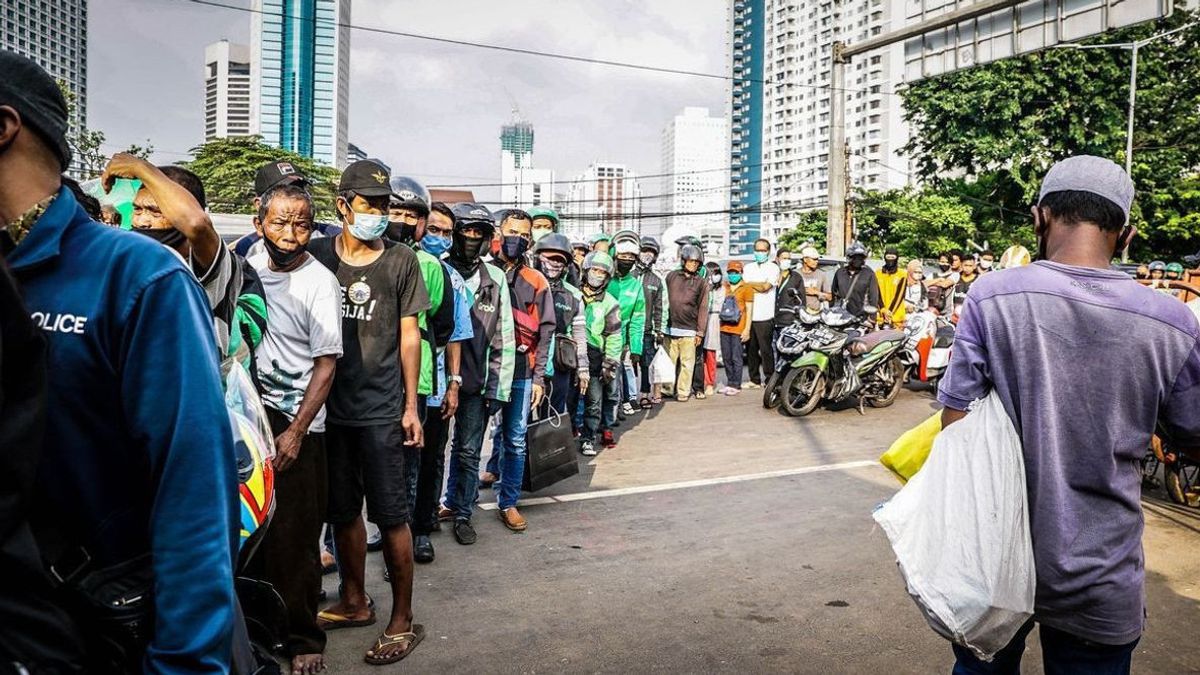JAKARTA - Senior economist from the Center of Reform on Economics (CORE) Hendri Saparini said the government needs to build an integrated platform to ensure the distribution of social assistance (bansos) can be carried out properly.
"Currently, we see that there are a number of infrastructures or platforms provided by the government that have not been properly integrated," he said in a webinar Tuesday, March 9.
According to Hendri, it is important for the country to build a network that is interconnected or to take advantage of existing platforms that already exist.
"Like the government has a special kind of infrastructure for social assistance or social assistance platform by prioritizing the principle of shared infrastructure whose authority may be managed by the Ministry of Social Affairs as the executor," he said.
The economist also provided other recommendations related to the initiation of cooperation with third parties, such as banks and financial technology (fintech) financial services institutions.
"Both banks and fintech tend to have strong databases and adequate infrastructure, so it's just a matter of maximizing. Besides that, they also have their own ecosystem, "he said.
Another thing that Hendri pointed out was how the implementation of the Pre-Work Card program had succeeded in marrying the government's strategic program with third party institutions that already had independent platforms.
“In this complete pre-employment card, there is training that uses a third-party platform and there is also cash assistance. This can be replicated for social assistance distribution by working with fintech so that it can eliminate middlemen issues, inefficiencies, and other distortions, "he said.
For example, Hendri then compared Asian countries in the Middle East, namely Jordan. In its notes, the country's central bank made an electronic money provider policy to offer fully centralized interoperability with Jordan Mobile Payment or the country's main electronic money.
"The mandatory is then given special treatment by speeding up licensing and approvals to lowering transaction costs from their electronic wallets. From here the Jordanian government is able to develop a new program for informal workers and provide social assistance through electronic wallets to 250,000 beneficiaries or the equivalent of 2.4 percent of the total population, "he explained.
The English, Chinese, Japanese, Arabic, and French versions are automatically generated by the AI. So there may still be inaccuracies in translating, please always see Indonesian as our main language. (system supported by DigitalSiber.id)













